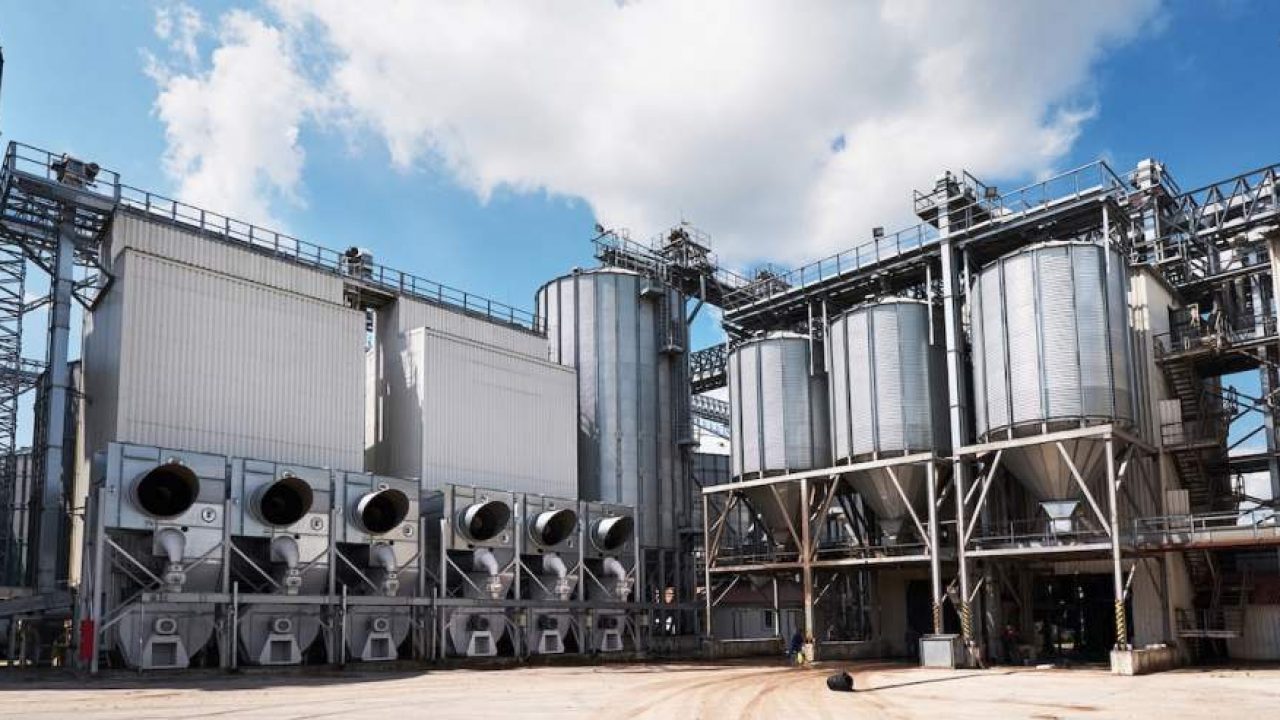The car market is facing a period of transformation, driven by technological advancements, shifting consumer preferences, and regulatory changes. In this article, we will explore some of the key trends and challenges facing the car market in the years ahead.
Electric Vehicles (EVs) and Autonomous Driving
One of the most significant trends in the auto market is the growing popularity of electric vehicles (EVs) and the development of autonomous driving technology. In recent years, EV sales have grown at a rapid pace, driven by factors such as declining battery costs, government incentives, and increased consumer awareness of environmental issues. Many car manufacturers are now investing heavily in EV development, with some companies, like Volvo and Jaguar Land Rover, announcing plans to phase out combustion engine vehicles entirely.
Similarly, autonomous driving technology is rapidly evolving, with companies like Tesla, Google, and Uber all making significant investments in this area. However, the development of fully autonomous vehicles still faces significant challenges, such as regulatory barriers and concerns around safety and liability.
New Mobility Services
Another trend in the car market is the rise of new mobility services, such as ride-hailing, car-sharing, and bike-sharing. These services are disrupting traditional car ownership models and offering consumers new ways to access transportation. Many car manufacturers are now partnering with these companies to offer their own mobility services, or developing their own in-house services.

However, the growth of these services is also posing challenges for traditional car manufacturers, as consumers are increasingly looking for flexibility and convenience rather than vehicle ownership. This is leading some companies to explore new business models, such as selling mobility as a service (MaaS) rather than just selling cars.
Regulatory Changes
The auto market is also facing significant regulatory changes, particularly around emissions and safety standards. Governments around the world are implementing stricter emissions regulations, which is driving the growth of EVs and other low-emission vehicles. Additionally, safety standards are evolving, with regulators requiring new safety features such as automatic emergency braking and lane departure warning systems.
These regulatory changes are posing both challenges and opportunities for car manufacturers. On the one hand, they are driving innovation and forcing companies to invest in new technologies. On the other hand, they are also increasing costs and reducing profit margins, particularly for smaller manufacturers who may struggle to keep up with the pace of change.
The auto market is also being impacted by changing consumer preferences, with younger generations showing less interest in car ownership than previous generations. Factors such as rising urbanization, environmental concerns, and the convenience of new mobility services are all contributing to this shift. In response, many car manufacturers are exploring new ways to appeal to younger consumers, such as offering more sustainable and customizable vehicles, and integrating new technologies like connectivity and entertainment systems.
Another challenge facing the auto market is the increasing complexity of vehicles and the growing importance of software and data. Modern cars are becoming more like computers on wheels, with a wide range of sensors, cameras, and other components that require advanced software and data analytics to function properly. This is leading to new partnerships and collaborations between car manufacturers and technology companies, as both seek to gain expertise in areas outside their core competencies.
Overall, the auto market is facing a period of significant transformation, with numerous trends and challenges reshaping the industry. Companies that are able to adapt to these changes and invest in new technologies and business models will be well-positioned to thrive in the years ahead. At the same time, regulatory changes and evolving consumer preferences will continue to pose challenges for traditional car manufacturers, highlighting the need for ongoing innovation and strategic planning in this dynamic and rapidly changing market.

In conclusion, the car market is undergoing a period of significant transformation, driven by a range of trends and challenges that are reshaping the industry. These trends include the rise of electric vehicles and autonomous driving technology, the growth of new mobility services, changing consumer preferences, and increasing regulatory changes around emissions and safety standards.
While these trends are presenting challenges for traditional car manufacturers, they are also opening up new opportunities for innovation and growth. Companies that are able to adapt to these changes and invest in new technologies, business models, and partnerships will be well-positioned to thrive in the years ahead.
However, the auto market is also facing a range of complex challenges, including increasing vehicle complexity, software and data management, and ongoing regulatory changes. Companies that are not able to keep pace with these changes may struggle to remain competitive and relevant in the evolving auto market.
Overall, the future of the auto market is both exciting and uncertain, with significant opportunities and challenges on the horizon. To succeed in this rapidly changing industry, companies must remain nimble, forward-thinking, and focused on delivering value to customers in new and innovative ways. Only by doing so can they hope to thrive in the dynamic and evolving auto market of the future.















